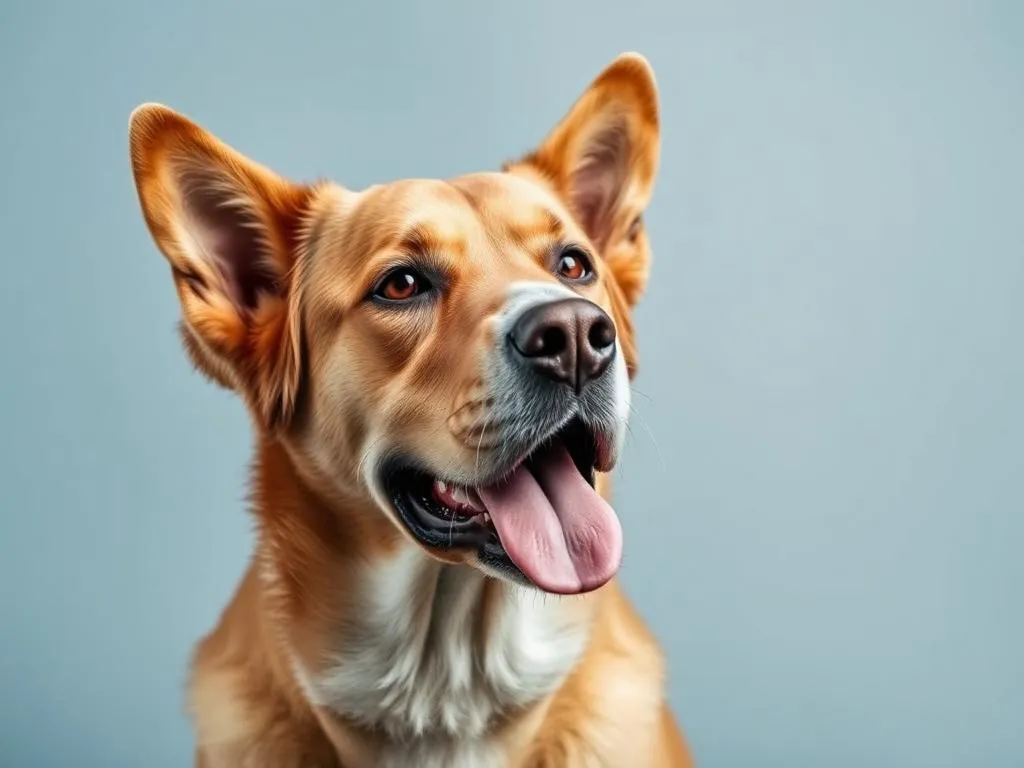
Introduction
Choosing a dog is a significant decision, especially for first-time dog owners. The right breed can make a world of difference in your experience as a pet parent. Large dog breeds are often seen as more challenging, but many of them are remarkably well-suited for first-time owners. They can offer incredible companionship, loyalty, and even a sense of security. This article will delve into various large dog breeds that are ideal for those venturing into dog ownership for the first time. We will explore their temperaments, care needs, and how they fit into different lifestyles.
Understanding Large Dog Breeds
Large dog breeds typically weigh between 50 to 100 pounds or more. They boast unique characteristics that set them apart from their smaller counterparts.
General Characteristics
Large breeds often exhibit:
- Size and Weight Criteria: Generally classified as dogs that weigh over 50 pounds, such as the Boxer and Great Dane.
- Lifespan Considerations: Many large breeds have shorter lifespans, averaging around 8 to 12 years, necessitating awareness of their health needs.
Differences Between Large and Small Dog Breeds
Large dogs usually differ from small breeds in several ways:
- Temperament Variations: While many large breeds are known for their gentle nature, small breeds might exhibit more hyperactivity.
- Physical Activity Needs: Large dogs often require more exercise, which can be beneficial for active families.
Understanding these differences can help first-time owners make informed decisions about which breed aligns best with their lifestyles.
Benefits of Owning a Large Dog as a First-Time Owner
Owning a large dog breed offers numerous advantages, particularly for first-time owners:
- Companionship and Loyalty: Large dogs often form deep bonds with their families, providing unwavering loyalty and companionship.
- Increased Physical Activity: Their exercise needs encourage owners to spend more time outdoors, fostering a healthier lifestyle.
- Security and Protection: Many large breeds have an innate protective instinct, making them excellent guardians.
- Family-Friendly Nature: Many large breeds are known for being good with children, making them ideal for families.
Top Large Dog Breeds for First-Time Owners
Here are some of the best large dog breeds for those entering the world of dog ownership:
Labrador Retriever
Temperament and Personality: Labradors are friendly, outgoing, and eager to please. They are known for their gentle disposition and make excellent family pets.
Exercise and Grooming Needs: They require moderate exercise and shed seasonally, necessitating regular grooming.
Suitability for Families: Their friendly nature makes them fantastic companions for children and other pets.
Golden Retriever
Temperament and Personality: Golden Retrievers are intelligent, friendly, and devoted. They have a patient demeanor, making them great for families.
Exercise and Grooming Needs: They enjoy regular exercise and grooming, especially during shedding seasons.
Trainability and Socialization: Highly trainable and social, they thrive in environments where they can interact with people and other animals.
Bernese Mountain Dog
Temperament and Personality: Known for their calm and affectionate nature, Bernese Mountain Dogs are gentle giants that love family time.
Space and Exercise Requirements: They do best in homes with ample space and need regular outdoor exercise.
Family Dynamics: Their patient nature makes them particularly good with children.
Boxer
Temperament and Personality: Boxers are playful, energetic, and protective. They are known for their affectionate nature toward families.
Energy Levels and Training Needs: High energy levels require regular exercise and training to channel their enthusiasm positively.
Good with Children and Other Pets: Boxers are generally great with children and can coexist well with other pets when properly socialized.
Standard Poodle
Temperament and Personality: Standard Poodles are intelligent, alert, and eager to learn. Their friendly disposition makes them excellent companions.
Intelligence and Trainability: These dogs are highly trainable and excel in obedience training.
Grooming Requirements: Regular grooming is necessary to maintain their coat, but they are considered hypoallergenic.
Great Dane
Temperament and Personality: Great Danes are gentle giants with a calm demeanor. Despite their size, they are known for being friendly and loving.
Space Considerations for Living Arrangements: While they need space to move comfortably, they adapt well to family life.
Health Considerations and Lifespan: Great Danes often face specific health issues and have a shorter lifespan, so regular vet check-ups are crucial.
Factors to Consider Before Choosing a Large Dog Breed
Before making a decision, first-time owners should consider several factors:
Lifestyle Compatibility
- Activity Level and Available Time: Assess your activity level. Large breeds often require more exercise and social interaction.
- Living Space and Environment: Ensure your living space can accommodate a larger dog comfortably.
Financial Commitment
- Initial Costs: Consider adoption fees, supplies, and initial vaccinations.
- Ongoing Costs: Factor in food, vet bills, grooming, and other expenses that come with owning a large dog.
Family Dynamics
- Children and Other Pets: Ensure the breed you choose is known to be good with children and other pets.
- Allergies and Sensitivities: Be aware of any family members with allergies that might influence your breed choice.
Preparing for Your Large Dog
Once you’ve decided on a breed, preparing for your new family member is essential.
Essential Supplies and Equipment
- Food and Water Bowls: Invest in sturdy bowls that can accommodate their size.
- Crate and Bedding: A comfortable crate helps with training and provides a safe space.
- Leash and Collar: Ensure you have a strong leash and collar suitable for large breeds.
Creating a Safe Environment
- Dog-Proofing Your Home: Remove any hazardous items that could harm your dog.
- Outdoor Space Considerations: Ensure your yard is secure and safe for your dog to explore.
Training and Socialization Tips
- Basic Command Training: Start with basic commands like sit, stay, and come to establish good behavior.
- Importance of Socializing: Regularly expose your dog to different environments, people, and other pets to promote good social skills.
Caring for a Large Dog
Caring for a large dog breed involves daily responsibilities that ensure their health and happiness.
Daily Exercise Requirements
- Recommended Activities and Routines: Engage in activities like walking, running, or playing fetch to meet their exercise needs.
- Importance of Mental Stimulation: Incorporate puzzle toys and training sessions for mental engagement.
Nutrition and Diet Considerations
- Understanding Nutritional Needs: Large breeds require a balanced diet that supports their growth and health.
- Tips for Selecting High-Quality Dog Food: Look for foods specifically formulated for large breeds to ensure they receive the right nutrients.
Regular Health Check-Ups
- Importance of Vaccinations and Preventative Care: Regular vet visits are crucial for keeping your dog healthy.
- Common Health Issues in Large Dog Breeds: Be aware of specific health concerns associated with your chosen breed, such as hip dysplasia or heart issues.
Conclusion
Owning a large dog breed can be a fulfilling experience for first-time dog owners. These breeds offer companionship, loyalty, and numerous benefits that enrich family life. It’s essential to conduct thorough research and consider your personal circumstances when selecting a breed. With the right preparation and understanding, a large dog can bring immense joy and purpose to your life.









